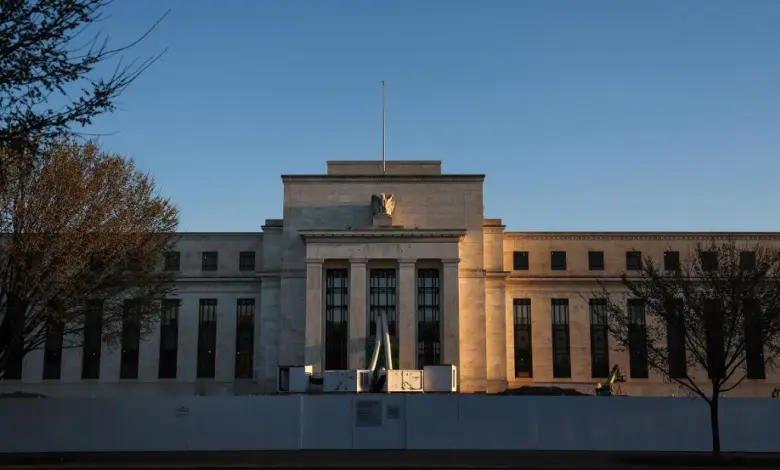
On March 18, shoppers peruse the stalls at Ridley Road Market in the London neighborhood of Hackney. (Jose S. Matos/Bloomberg/Getty Images) )
According to official data released on Wednesday, British consumer prices increased 10.4% year over year in February as food inflation reached its highest level in more than 45 years and prices for eating out and lodging increased.
The annual increase in food costs was 18.2% from January through February, the highest rate since the late 1970s. Because of shortages and shop rationing, the Office for National Statistics has noticed specific rises in various salad and vegetable goods.
The unexpected increase in inflation in February comes after months of slowing inflation since it reached a 41-year high of 11.1% in October.
The latest figures could make the Bank of England more likely to hike rates again at Thursday’s meeting.
According to Paul Dales, British Chief Economist at Capital Economics, “the Bank of England was keen to see hard evidence before it stopped raising interest rates,” despite the expectation that the recent turmoil in the banking sector will weaken economic activity as lending standards are tightened, thereby dampening inflation.
Although it’s still very close, these figures increase our confidence that the bank will raise rates from 4% to 4.25% tomorrow.
Nevertheless, Samuel Tombs, UK senior economist at Pantheon Macroeconomics, claimed that increases in food inflation and catering services inflation, both of which were attributed to rising fresh food prices because of bad harvests, were responsible for the overall increase in the headline rate.
“There is little point in raising interest rates to counteract a weather-related rise in food prices.”
Core inflation – which excludes volatile food and energy costs – also rose, hitting 6.2% in February versus 5.8% in January.The uptick “should subside in the upcoming months,” he said. The data complicates the central bank’s decision on whether to raise interest rates for an 11th straight session on Thursday — and makes it harder for the government to deliver on its January pledge to halve inflation this year.
And the British are getting poorer. Wages rose 6.5% yoy in January, well below inflation for both that month and February.






